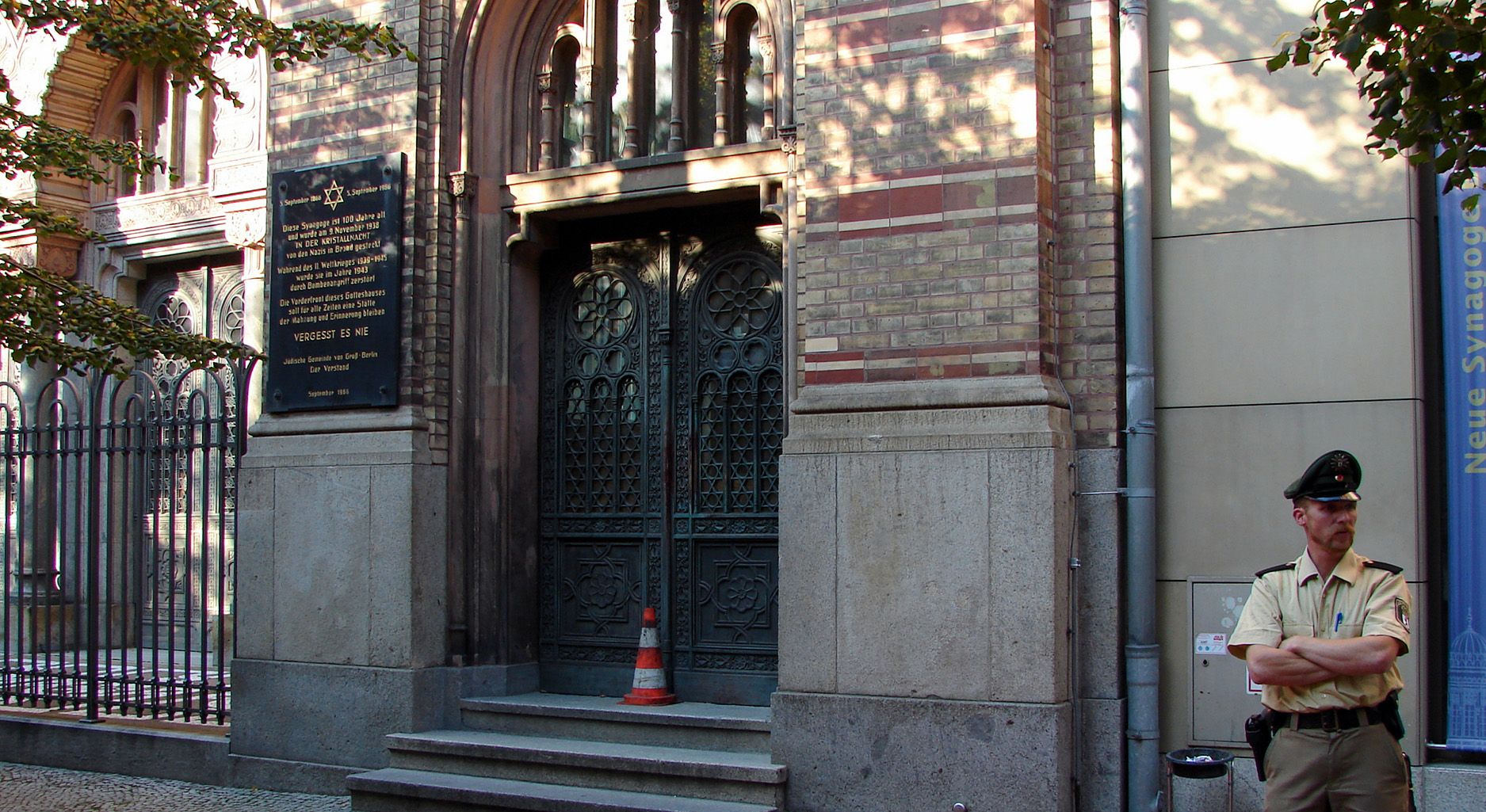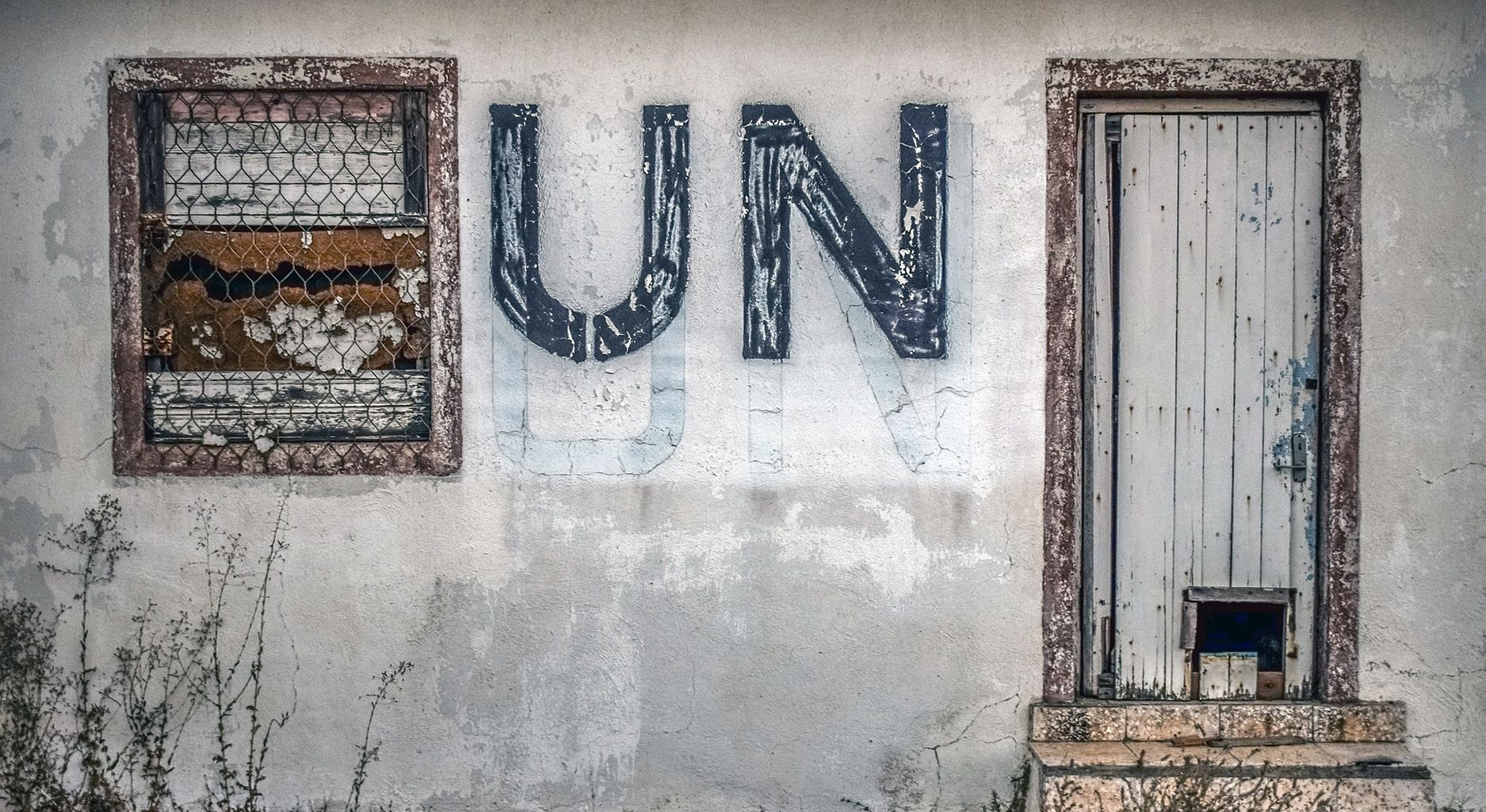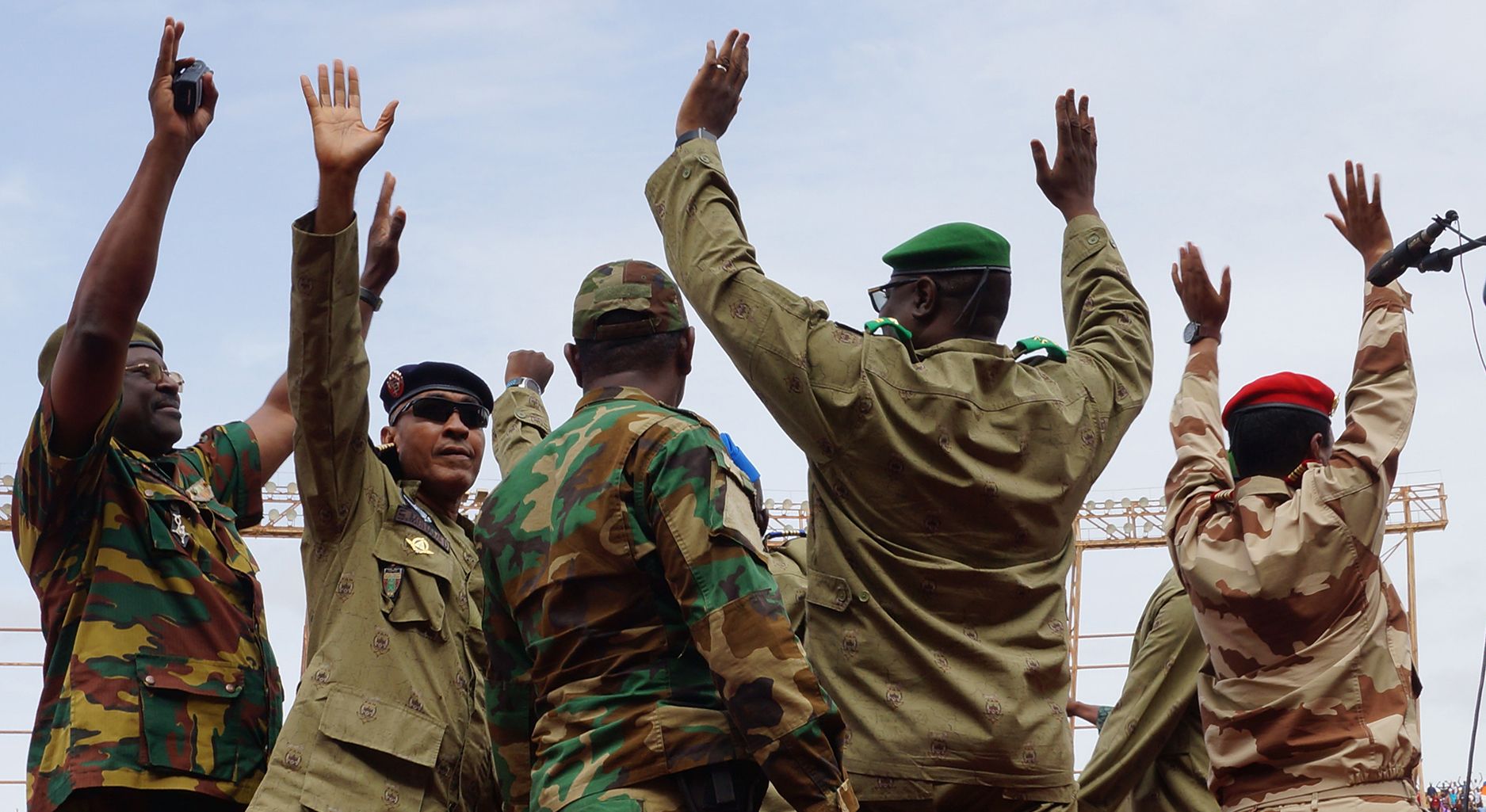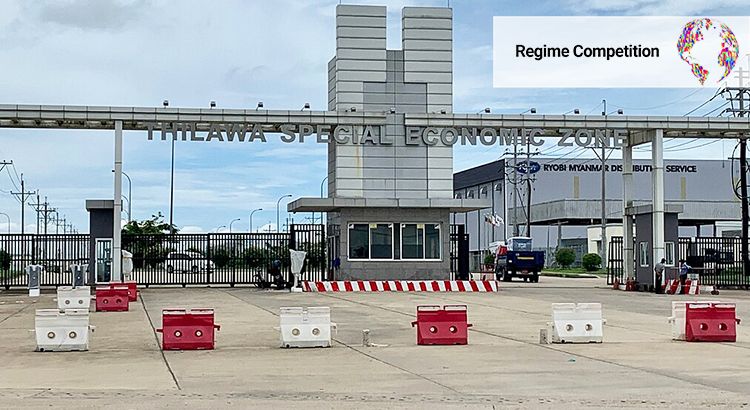Seit der Machtübernahme der Taliban am 15. August 2021 hat sich die Situation von Frauen und...
Localization of Fatal Police Violence: Evidence from the Philippines
When discussing the use of deadly force in crime control, various factors are commonly...
Forschung ohne Praxis?! Ein Überblick aktueller Entwicklungen und ein „Was wäre, wenn?“-Gedankenspiel
Haarscharf ist der Quasi-Exitus der Extremismusprävention in Deutschland abgewandt worden. Die...
Was in der Zukunft der Ukraine liegt: Plädoyer für eine Verteidigungs- und Resilienzstrategie
Mit Beginn der russischen Vollinvasion der Ukraine vor zwei Jahren setzte auch bei uns am PRIF...
Der islamisierte Antisemitismus: Aufgebauschtes Schreckgespenst oder bagatellisiertes Ressentiment?
Seit den Terroranschlägen vom 7. Oktober 2023 und der anhaltenden Eskalation des Nahostkonfliktes...
How can research on topics surrounding radicalization, extremism, and terrorism be safe and socially sustainable?
Research on extremism and related phenomena such as radicalization or terrorism is emotionally...
Beyond Zero Tolerance: The Persisting Challenge of Sexual Abuse by UN Peacekeepers
The United Nations (UN) deploys peacekeepers worldwide to help build peace and security....
Back in Business or Never Out? Military Coups and Political Militarization in Sub-Sahara Africa
This Spotlight discusses the resurgence of military coups in Sub-Saharan Africa. We argue that an...
Do regime differences shape developmental engagement? How China and Japan compete in post-coup Myanmar
The 2021 military coup in Myanmar has left the country significantly isolated on the world...
Die Schlüsselrolle der Schulen in der Prävention von islamistischer Radikalisierung
In Europa ist die Debatte über islamistische Radikalisierung bei jungen Menschen und wirksame...









